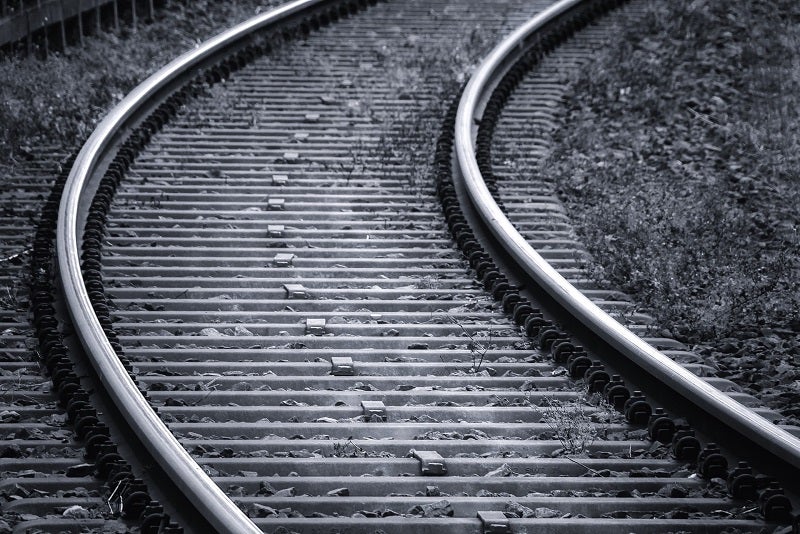
Pakistan has broken ground on the $1.22bn (PKR207bn) Karachi Circular Railway (KCR) revival project, which is anticipated to be completed in three years.
According to reports, the ground-breaking ceremony was held at Cantonment Railway Station in the presence of the Pakistani Prime Minister Imran Khan.
After being shut for more than two decades, the revival work for KCR is scheduled to begin next month as preparations have almost been completed, reported G News Network.
The KCR project will include a 43km-long dual carriage track, including 29km elevated, along with 24 level crossings and 16 stations.
During a journey, each train will accommodate 814 commuters.
This project is expected to convert the old KCR into a mass transit system, which will help minimise traffic congestion in Karachi.
How well do you really know your competitors?
Access the most comprehensive Company Profiles on the market, powered by GlobalData. Save hours of research. Gain competitive edge.

Thank you!
Your download email will arrive shortly
Not ready to buy yet? Download a free sample
We are confident about the unique quality of our Company Profiles. However, we want you to make the most beneficial decision for your business, so we offer a free sample that you can download by submitting the below form
By GlobalDataKCR, which was commissioned in 1964, was initially developed for employees of Pakistan Railways to commute between their workplaces (at and around the City and Cantonment railway stations) and their residences in Karachi’s eastern neighbourhoods.
The course of the old KCR stretched from Drigh Road to Karachi.
Later, in 1970, the project expanded to encompass a full circle of 44km, with an aim to link Karachi Port, the Sindh Industrial Trading Estate (SITE), the Landhi Industrial Area, and the city’s central commercial areas.
Karachi residents relied on KCR for transportation up until 1984 when the number of its trains was cut down.
This came after the railway faced high expenditure caused by higher fuel and operational expenses, along with decline in revenue due to subsidised tickets.
A lack of maintenance and repair, as well as the government’s inability to improve its tracks and stations, also led to the KCR’s closure in 1999.
In February this year, Pakistan, Afghanistan, and Uzbekistan signed a roadmap for a multi-billion-dollar rail project that is expected to boost trade relations between Central and South Asia.


